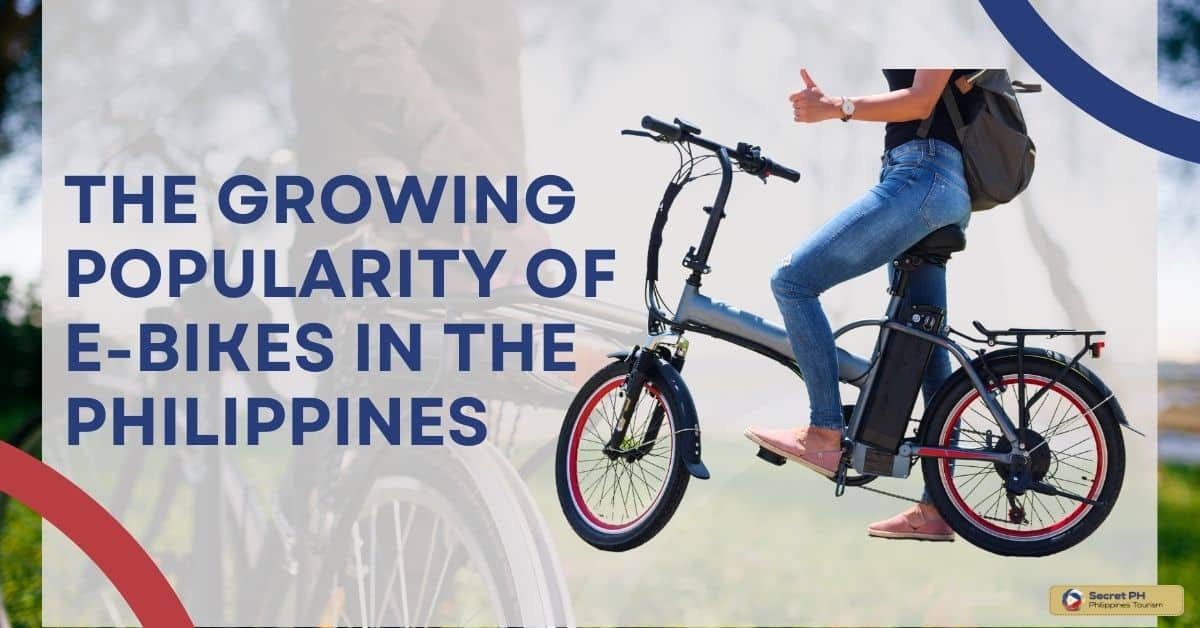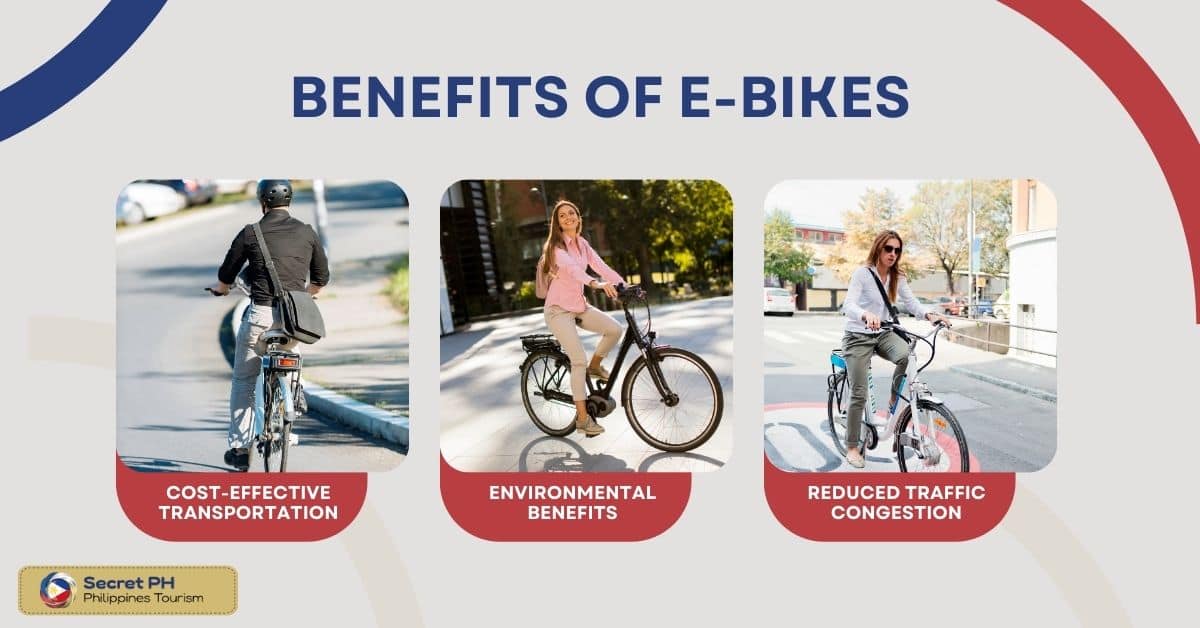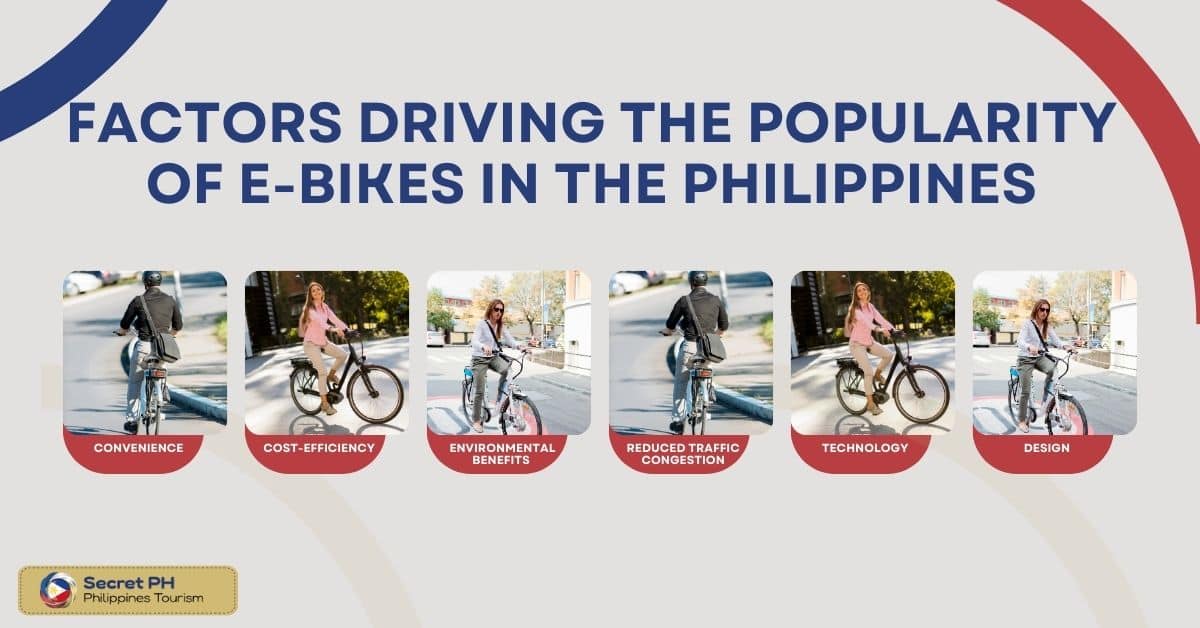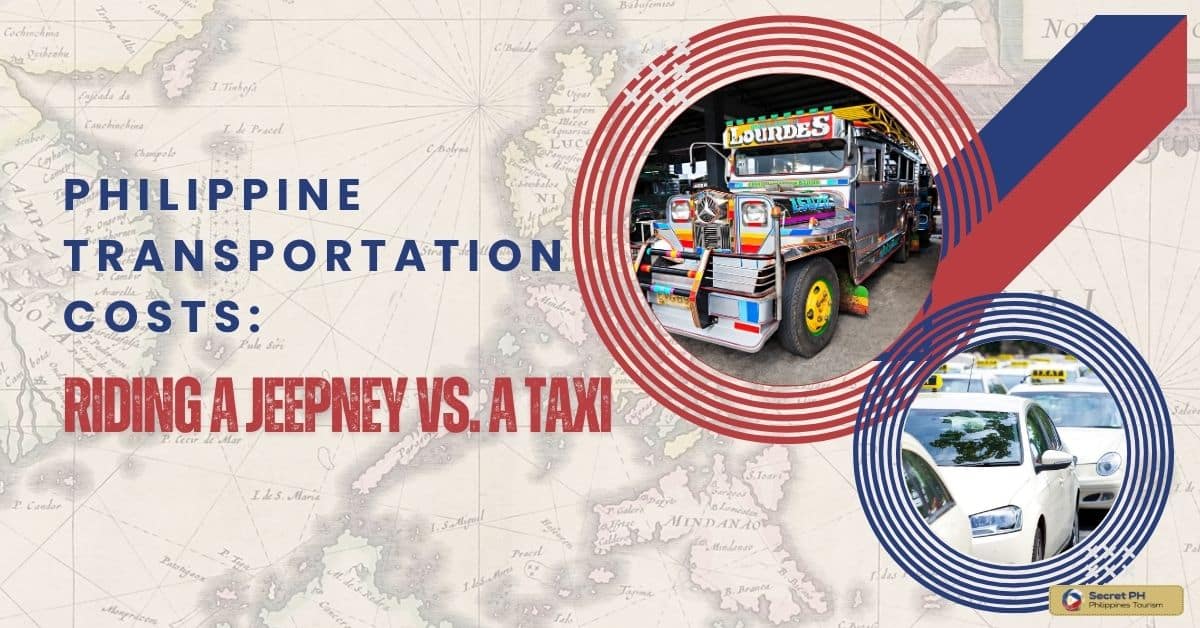The rise of electric bicycles, or e-bikes, has been gaining momentum in the Philippines in recent years. This form of transportation offers a unique combination of convenience and efficiency that is unmatched by traditional bikes.
E-bikes are gaining traction in the Philippines as an alternative mode of transportation. With traffic congestion and high fuel costs, e-bikes provide a practical and cost-effective solution. Additionally, their environmental benefits are appealing to many Filipinos, despite challenges such as limited infrastructure and safety concerns.
This article will explore the growing popularity of e-bikes in the Philippines, including the benefits they offer and the factors driving their adoption. Additionally, it will look at some of the challenges and limitations that could hinder wider adoption, as well as offer a glimpse into the future of e-bikes in the country.

E-Bike Market in the Philippines
The e-bike market in the Philippines is growing rapidly. This impressive growth demonstrates not only an increase in awareness about electric bicycles but also increasing levels of consumer acceptance and adoption.
The growing popularity of e-bikes in the Philippines is largely attributed to their convenience and cost-effectiveness. Compared to other forms of motorized transportation, they require minimal maintenance and are significantly cheaper to purchase.
Additionally, with the current high levels of air pollution in many cities, electric bikes can provide a clean and eco-friendly mode of transportation in the Philippines. As people become increasingly aware of the benefits they offer, their use is expected to continue to grow in the future.

Benefits of E-Bikes
Electric bicycles, or e-bikes, have become increasingly popular in recent years due to their convenience and cost-effectiveness. Additionally, they offer several environmental benefits that make them an appealing form of transportation for many Filipinos. This article will explore the benefits of e-bikes in the Philippines and how they can help reduce pollution, traffic congestion, and fuel costs.

Cost-Effective Transportation
One of the biggest advantages of e-bikes is their cost-effectiveness compared to other forms of motorized transportation. E-b are significantly cheaper to purchase than cars and motorcycles, making them a more accessible option for many Filipinos. Additionally, they require minimal maintenance and rarely need to be serviced, which makes them a cost-effective transportation solution.
Environmental Benefits
E-bikes offer several environmental advantages over traditional forms of motorized transportation. They produce zero emissions, meaning they can help reduce air pollution in cities where traffic congestion is an issue. Additionally, they are much quieter than cars and motorcycles, which can help decrease noise pollution in urban areas.
Reduced Traffic Congestion
E-bikes can also help reduce traffic congestion by providing an alternative form of transportation. As more people switch to electric bicycles, there will be fewer vehicles on the road, resulting in less congestion and a smoother flow of traffic. Additionally, with the current high cost of fuel, the use of e-bikes can help reduce fuel costs for many Filipinos.

Challenges and Limitations to E-Bike Adoption
E-bikes provide a convenient and eco-friendly option for commuters, but there are a number of challenges and limitations that need to be addressed before widespread adoption can be achieved. In this table, we will discuss the major challenges and limitations of e-bike adoption.
| Challenge/Limitation | Explanation |
|---|---|
| High upfront cost | E-bikes are generally more expensive than traditional bicycles, which can make them less accessible to low-income individuals. |
| Limited range | Most e-bikes have a limited range, which means they can only travel a certain distance on a single charge. This can be a problem for individuals who need to travel long distances or use their e-bike for commuting. |
| Lack of charging infrastructure | There is currently a lack of charging infrastructure for e-bikes in the Philippines, which can make it difficult for individuals to charge their e-bikes when they are away from home. |
| Safety concerns | E-bikes are faster than traditional bicycles, which can increase the risk of accidents. In addition, some e-bikes may not be built with safety features such as headlights and taillights, which can make them less visible to other road users. |
| Limited regulations | There are currently limited regulations for e-bikes in the Philippines, which can make it difficult for individuals to know where they are allowed to ride their e-bikes and what safety requirements they need to follow. |
| Limited awareness | Many people in the Philippines are not yet familiar with e-bikes and their benefits, which can make it difficult for manufacturers to sell them to potential customers. |
| Maintenance and repair | E-bikes require specialized maintenance and repair, which can be difficult to find in some areas of the Philippines. This can make it challenging for individuals to keep their e-bikes in good working condition. |

Environmental Impact of E-Bikes
Electric bicycles, or e-bikes, have emerged in recent years as an increasingly popular form of transportation. E-bikes offer a convenient, cost-effective, and eco-friendly alternative to traditional motorized vehicles.
However, the environmental impact of e-bikes is still relatively unknown due to their relatively recent emergence. This article will explore the potential environmental impacts of e-bikes in the Philippines.
Positive Environmental Impact
E-bikes can have a positive environmental impact due to their low emissions and energy efficiency. They are powered by an electric motor, which means they produce zero emissions compared to traditional motorized vehicles. Additionally, they are typically more energy-efficient than cars and motorcycles, which means they can help reduce fuel consumption.
Negative Environmental Impact
Despite the many environmental benefits of e-bikes, there are also some potentially negative impacts that should be considered. For example, some studies have suggested that electric bicycles may contribute to air pollution due to their emissions of particulate matter. Additionally, the production of e-bikes often involves the use of hazardous materials such as lead, mercury, and cadmium, which can have a negative impact on air and water quality.

Factors Driving the Popularity of E-Bikes in the Philippines
The popularity of electric bicycles, or e-bikes, has been steadily increasing in the Philippines in recent years. This form of transportation offers a unique combination of convenience, efficiency, and cost-effectiveness that is unmatched by traditional bikes. There are several factors contributing to this widespread adoption:

1. Convenience-E-bikes are extremely convenient and offer unmatched mobility compared to traditional bikes. They are lightweight, easy to fold, and don’t require a lot of maintenance or servicing.
2. Cost-efficiency- E-bikes are significantly cheaper to purchase than cars and motorcycles, making them a more accessible option for many Filipinos. Additionally, they require minimal maintenance and rarely need to be serviced, which makes them a cost-effective transportation solution.
3. Environmental Benefits- E-bikes produce zero emissions, meaning they can help reduce air pollution in cities where traffic congestion is an issue. Additionally, they are much quieter than cars and motorcycles, which can help decrease noise pollution in urban areas.
4. Reduced Traffic Congestion- E-bikes can also help reduce traffic congestion by providing an alternative form of transportation. As more people switch to electric bicycles, there will be fewer vehicles on the road, resulting in less congestion and a smoother flow of traffic. Additionally, with the current high cost of fuel, the use of e-bikes can help reduce fuel costs for many Filipinos.
5. Technology- Electric bikes are equipped with advanced technologies such as GPS tracking, built-in sensors, and smartphone connectivity. These features make them a safer and more reliable form of transportation than traditional bicycles.
6. Design- E-bikes come in a variety of shapes and sizes, making them an ideal mode of transportation for all types of riders. They are available in foldable designs, which makes them easy to store and transport.

Future Outlook for E-Bikes in the Philippines
The future outlook for electric bicycles in the Philippines is promising. As more people become aware of the benefits they offer, their use is expected to continue to grow.
The government has also been making efforts to promote the use of e-bikes by developing infrastructure and providing incentives such as tax breaks and subsidies. These initiatives have helped reduce barriers to entry for e-bike owners, making them a more accessible form of transportation.
The increasing popularity of e-bikes in the Philippines is also driving innovation in the industry. As technological advancements continue to be made, e-bikes are expected to become even more popular and accessible in the future.

In conclusion
The e-bike market in the Philippines is growing rapidly. This impressive growth is largely attributed to their convenience and cost-effectiveness compared to other forms of motorized transportation. They offer several environmental benefits that make them an appealing form of transportation for many Filipinos such as decreased air pollution and fuel costs.
Despite challenges such as limited infrastructure and safety concerns, e-bikes have become increasingly popular in recent years due to their many advantages. With the right support and initiatives from the government, e-bikes are expected to become even more widespread in the future.








